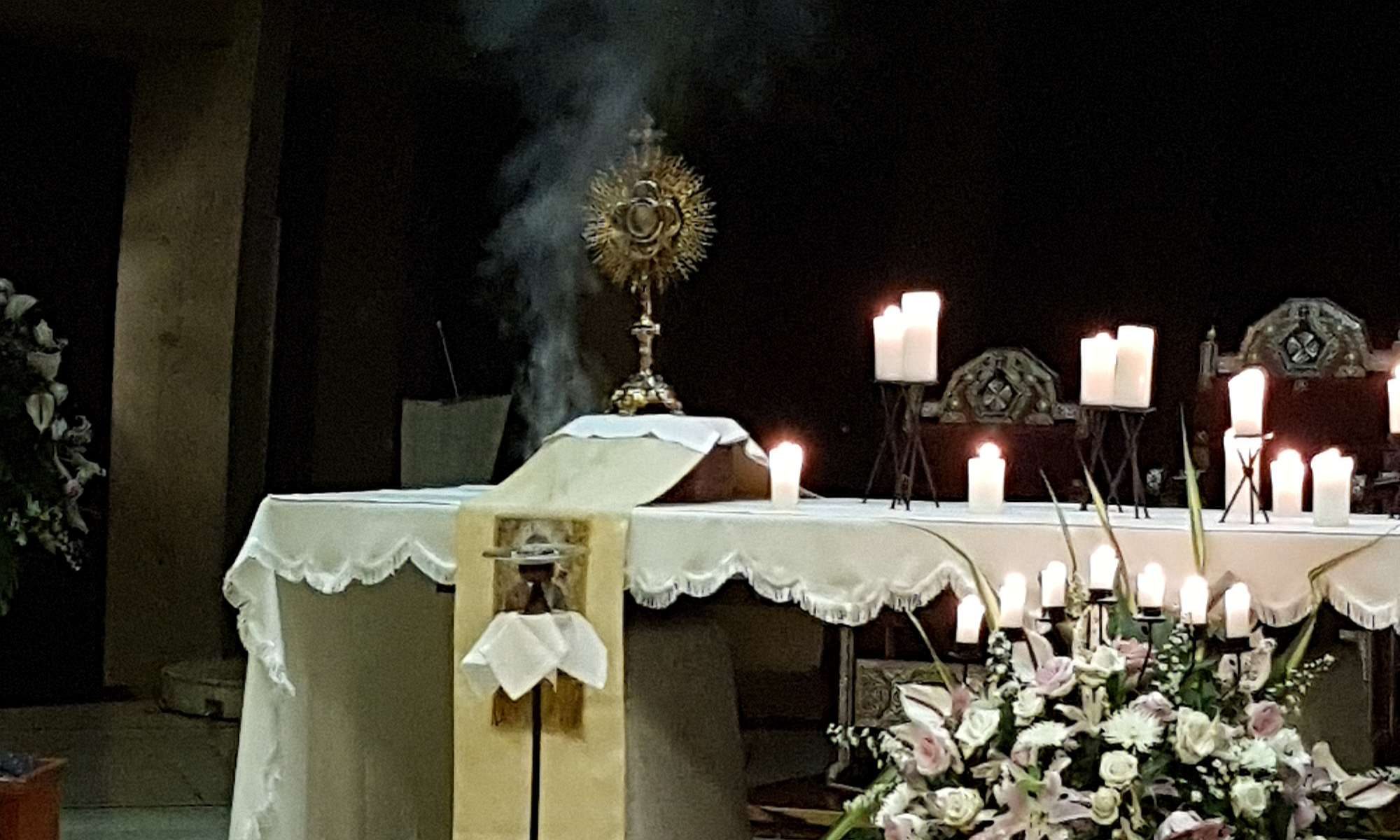 To the best of my knowledge there is no such a title officially given to the Blessed Virgin. Yet I claim we duly may call her Our Lady of Good Repentance, and surely there is no better time to reflect on Mary and repentance than the Lenten season.
To the best of my knowledge there is no such a title officially given to the Blessed Virgin. Yet I claim we duly may call her Our Lady of Good Repentance, and surely there is no better time to reflect on Mary and repentance than the Lenten season.
For a start, let us remember that in every Hail Mary we acknowledge our sinfulness in a most humble way, asking her powerful and efficacious intercession: Pray for us, sinners, now and at the hour of our death. In recognizing that we have sinned we remind ourselves the need of conversion; in asking for help, we admit that such a transformation is beyond the scope of our own strength, and thus we ask for God’s mercy and grace.
Since the Catholic faith holds that Mary was conceived without sin and that she led a sinless life, one may wonder why we recourse to her and how such a pure creature could sympathize with our soiled and even polluted condition. If she had nothing to be repented of, how might she lead me in my way towards contrition and then righteousness?
The answer is found in a closer look to repentance. True repentance is a long way farther than simple remorse or regret. Repentance is an act of love, an act of justice and a tribute to truth. While many people can regret the consequences of their old actions, not as many come to do so out of love towards God, who was the One offended, the One who was postponed by means of those same actions.
In the Compendium of the Catechism, n. 300, we find this text on “interior penance:”
It is the movement of a “contrite heart” (Psalm 51:19) drawn by divine grace to respond to the merciful love of God. This entails sorrow for and abhorrence of sins committed, a firm purpose not to sin again in the future and trust in the help of God. It is nourished by hope in divine mercy.
Two things must be singled out from this text. Firstly, true repentance is an act that ultimately comes from God himself, from his love, which takes the name of “grace” when mercifully saves us. Secondly, true repentance is “nourished” by hope. This is indeed a most positive approach to our human condition. In essence, we are told that in coming to repentance we are accepting God’s message of love and we are completely confident in his wise and bounteous power to give us a fresh start.
From this perspective it is quite apparent the tremendous role the Blessed Virgin plays in this dimension of our spiritual life. In point of fact, repentance is nothing less than the beginning of the Life of the Spirit. Through acceptance of God’s love it is Christ that comes to us as Lord and Saviour of our souls. Thus Christ is being formed in every Christian and it is only natural that the Mother of Christ fosters, with the best of her love, the Lord’s birth in each one of those who accept the call for a new life.
May I invite all: whenever we say prayerfully each Hail Mary, let our hearts be open to God’s infinite mercy, and to the tender compassion of Our Lady of Good Repentance. Amen.
